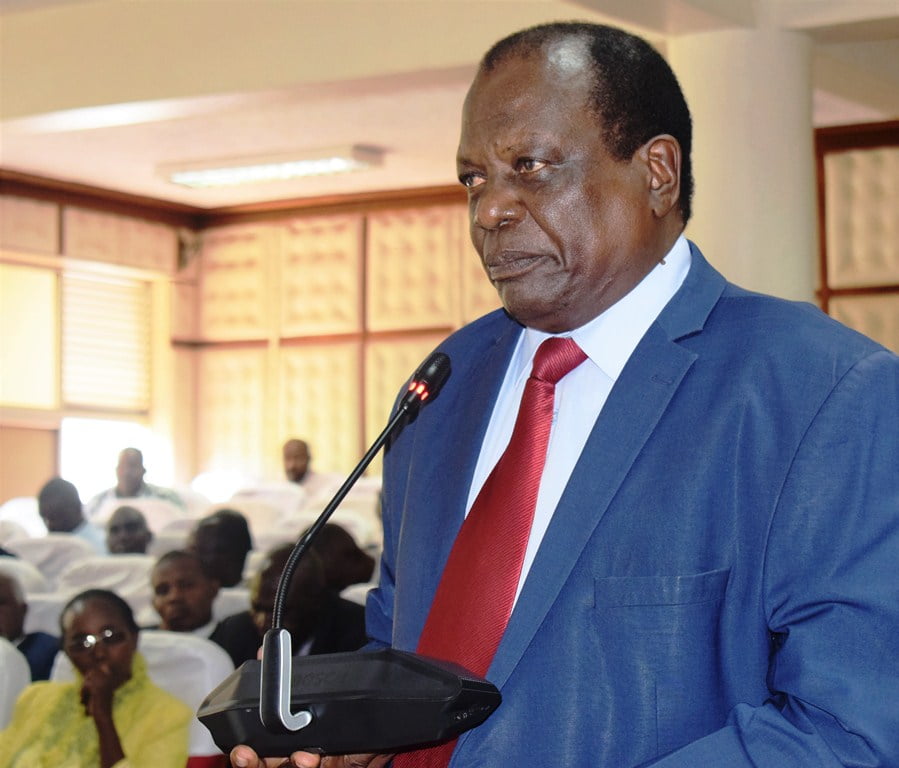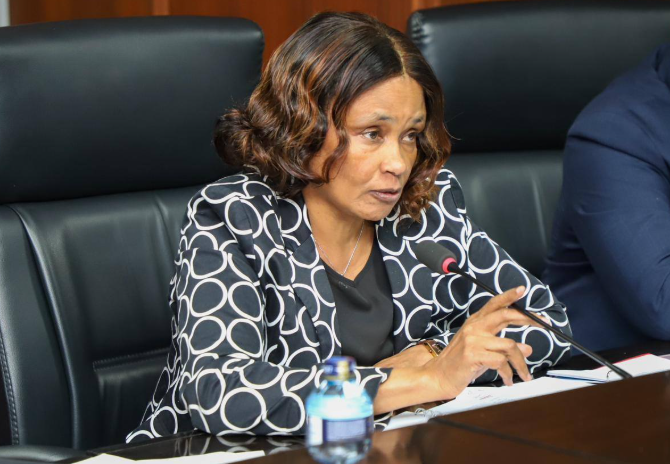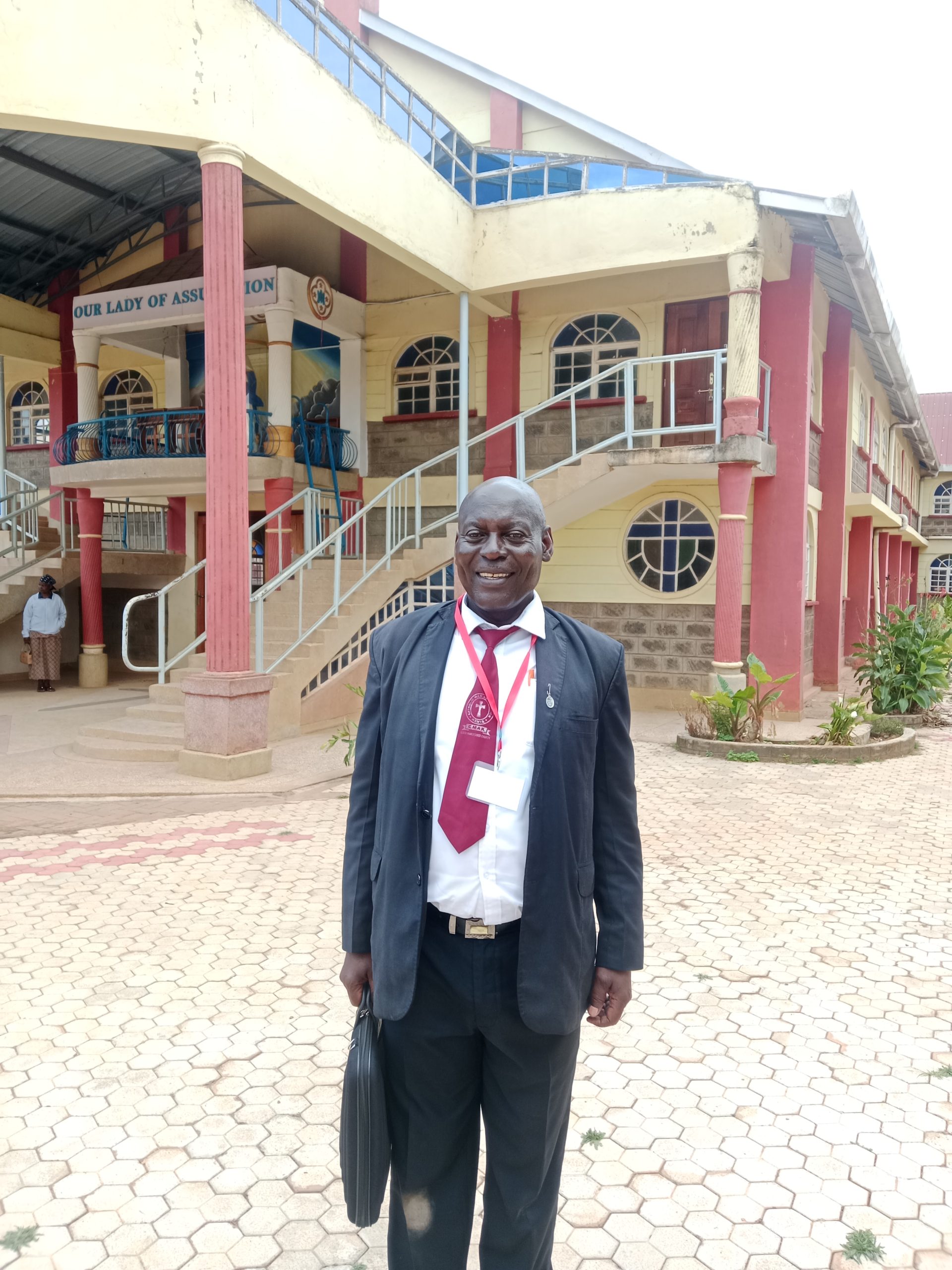By Robert Nyagah
Stakeholders in the Education sector in Embu have asked for total restructuring of the Kenya National Examination Council’s (KNEC) in order to eradicate widespread cheating that was witnessed in KCSE 2022.
The stakeholders also demanded for a system through which KNEC examination operations could be audited by an independent organization to avoid a situation in which “player and the referee” are only on the stage.
Interestingly KNEC set, stores and protect examinations before presenting them to be done by the candidates and finally marking them. Further, petitions for remarking of any of the examinations and arbitrating on cheating as well as cancelling or retention of results in case of anomalies have all gone on strictly under KNEC unchallenged for years despite emerging issues of integrity.
In separate and independent presentations to the Julius Melly chaired Education Parliamentary Committee at the Embu Kenya School of Government, some participants and especially examiners appeared hesitant to publically contribute perhaps for fear of victimization.
After noticing quite some apprehensiveness where some schools principals and examiners hesitated to introduce themselves with their full official names and indicate to their institutions’ of origin, Mr. Melly had to quickly encourage those intending to send their memorandums digitally to do so assuring them of high levels of confidentiality on what they said and suggested.
“Those intending to send their memorandums confidentially online will access our telephone numbers and email. Your contributions will be considered when the final report is prepared”, said Mr. Melly.
Respected scholars from the County, some of them who retired after long stints as admirably successful heads and principals led by Mr. Peterson Muthathai, once the chairman of head teachers in the entire continent of Africa agreed that there was widespread cheating in Examinations but demanded ways be sought to tame the vice.
The scholars said that sudden improvement in mean scores within short spans should have been the first red light in determining that there was cheating as, he says, are unrealistic academic improvements.
Most examiners expressed shock at the fact that candidates from some school appeared to reproduce marking schemes in a word for word form, clearly pointing to the fact that some of them had accessed the marking schemes during the examinations.
John Njoka, an academician from Runyenjes area noted that results of schools where leakage appeared had achieved results which did not show a normal or natural curve of improvement because percentages of improvement were so huge and unrealistic.
He stressed the need for KNEC to seal all suspect loopholes and expressed fears that if some officers from the examination body could be compromised to trade marking schemes, it was apparent that interference could also happen during the keying in of the marks.
With the examinations done in March and December, Mr. Njoka wondered how some schools could end up performing so well in the latest examinations as compared to those done in the month of March.
Despite availability of systems to report cheating most of the examiners felt intimidated deviating to reporting such matters could disrupt marking smooth progress of marking of the examinations and hence compromise the examiners’ income- and perhaps future selection to mark exams.
It emerged that even when candidates evidently appeared to reproduce marking schemes for certain question papers, little could be done because KNEC remained the custodian of the schemes and reporting such leakages to the examiners would be indicting their boss and
employer.
Graders, it was suggested, needed to be empowered legally to have secure and confidential systems of reporting any leakages, otherwise many felt like turning vigilant could easily put their work on the line.
The examiners among other stakeholders while admitting widespread cheating in the KCSE however welcomed the parliamentary teams’ inquiry and hoped that recommendation would help streamline anomalies to strengthen the examination results credibility.
Overwhelming pressure to the principals and teachers from parents, students, school boards, the government through TSC and the political wing where leaders even offered rewards for the best performing teachers, academicians felt should be reduced having been blamed for the urge to cheat.
The government, a stakeholder, felt had the capacity to detect trends of cheating especially by monitoring results of schools headed by particular principals and comparing them to those of their new postings.
Some schools principals also linked leakage and other examination malpractices to change in the ministry as the Cabinet Secretary was changed just before the siting of the examination started which they termed as disruptive.






